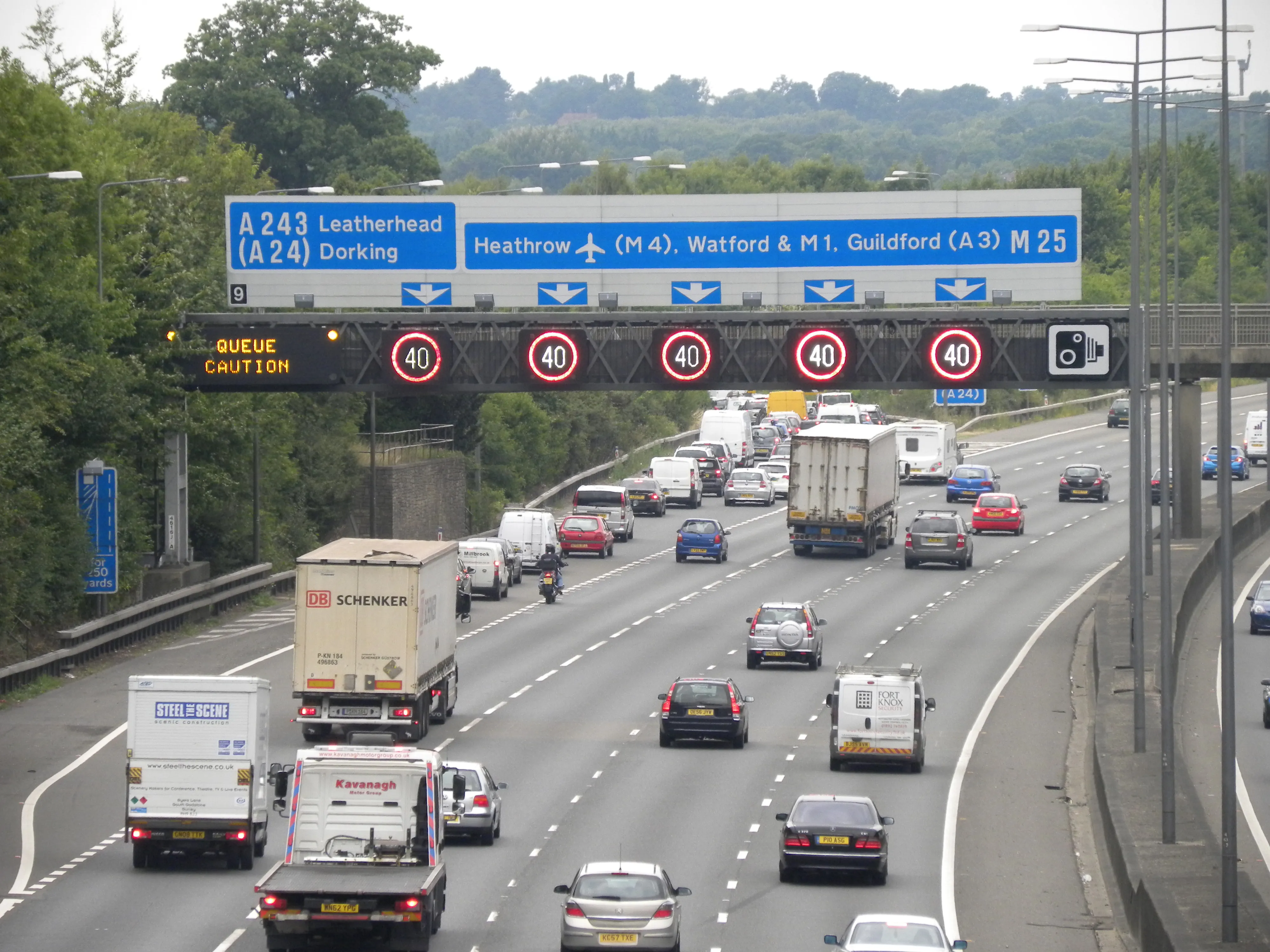Around 7,000 extra potholes are to be repaired across Staffordshire as part of a €2.5 million (£2.1 million) package of investment in the English county’s roads.
Staffordshire County Council is also drafting in two extra pothole-blitzing machines – in addition to the two already out tackling potholes and improving road surfaces in the county.
The two extra machines use high velocity patching and can tackle stretches of defects and are particularly effective on more rural, less constructed roads.
March 27, 2014
Read time: 2 mins
Around 7,000 extra potholes are to be repaired across Staffordshire as part of a €2.5 million (£2.1 million) package of investment in the English county’s roads.
4798 Staffordshire County Council is also drafting in two extra pothole-blitzing machines – in addition to the two already out tackling potholes and improving road surfaces in the county.
The two extra machines use high velocity patching and can tackle stretches of defects and are particularly effective on more rural, less constructed roads.
The spring improvements follow a Government cash injection of €167.17 million (£140 million) to tackle road defects following the wettest winter on record in parts of the country.
Simon Tagg, cabinet support member for Transport and Connected County, said the one-off payment would help clear a backlog of identified defects, but wouldn’t prevent further potholes.
He added, “An effective, well-maintained and safe road network in Staffordshire is key to bringing jobs and prosperity to the county and the extra money will certainly help us tackle more potholes over the coming weeks.
"As a county council we have already invested an additional £50 million [€59.7mn) of local money in improving our road network, but in a county as vast as Staffordshire maintaining and improving roads is an on-going challenge.
“Although this money will help clear the current backlog, potholes are a symptom of already weakened roads and further, long-term investment is what is really needed to deliver a long-term improvement to the condition of our roads.”
The Secretary of State for Transport, Patrick McLoughlin, announced last month the extra €167.17 million (£140 million) to tackle weather-related road defects, with just under €47.76 million (£40 million) earmarked for flood-hit areas and the rest being shared by other local authorities.
McLoughlin said, “This extra money will help make a real difference to the millions of road users and local residents who rely on local roads, giving them safer and smoother journeys.”
The two extra machines use high velocity patching and can tackle stretches of defects and are particularly effective on more rural, less constructed roads.
The spring improvements follow a Government cash injection of €167.17 million (£140 million) to tackle road defects following the wettest winter on record in parts of the country.
Simon Tagg, cabinet support member for Transport and Connected County, said the one-off payment would help clear a backlog of identified defects, but wouldn’t prevent further potholes.
He added, “An effective, well-maintained and safe road network in Staffordshire is key to bringing jobs and prosperity to the county and the extra money will certainly help us tackle more potholes over the coming weeks.
"As a county council we have already invested an additional £50 million [€59.7mn) of local money in improving our road network, but in a county as vast as Staffordshire maintaining and improving roads is an on-going challenge.
“Although this money will help clear the current backlog, potholes are a symptom of already weakened roads and further, long-term investment is what is really needed to deliver a long-term improvement to the condition of our roads.”
The Secretary of State for Transport, Patrick McLoughlin, announced last month the extra €167.17 million (£140 million) to tackle weather-related road defects, with just under €47.76 million (£40 million) earmarked for flood-hit areas and the rest being shared by other local authorities.
McLoughlin said, “This extra money will help make a real difference to the millions of road users and local residents who rely on local roads, giving them safer and smoother journeys.”






